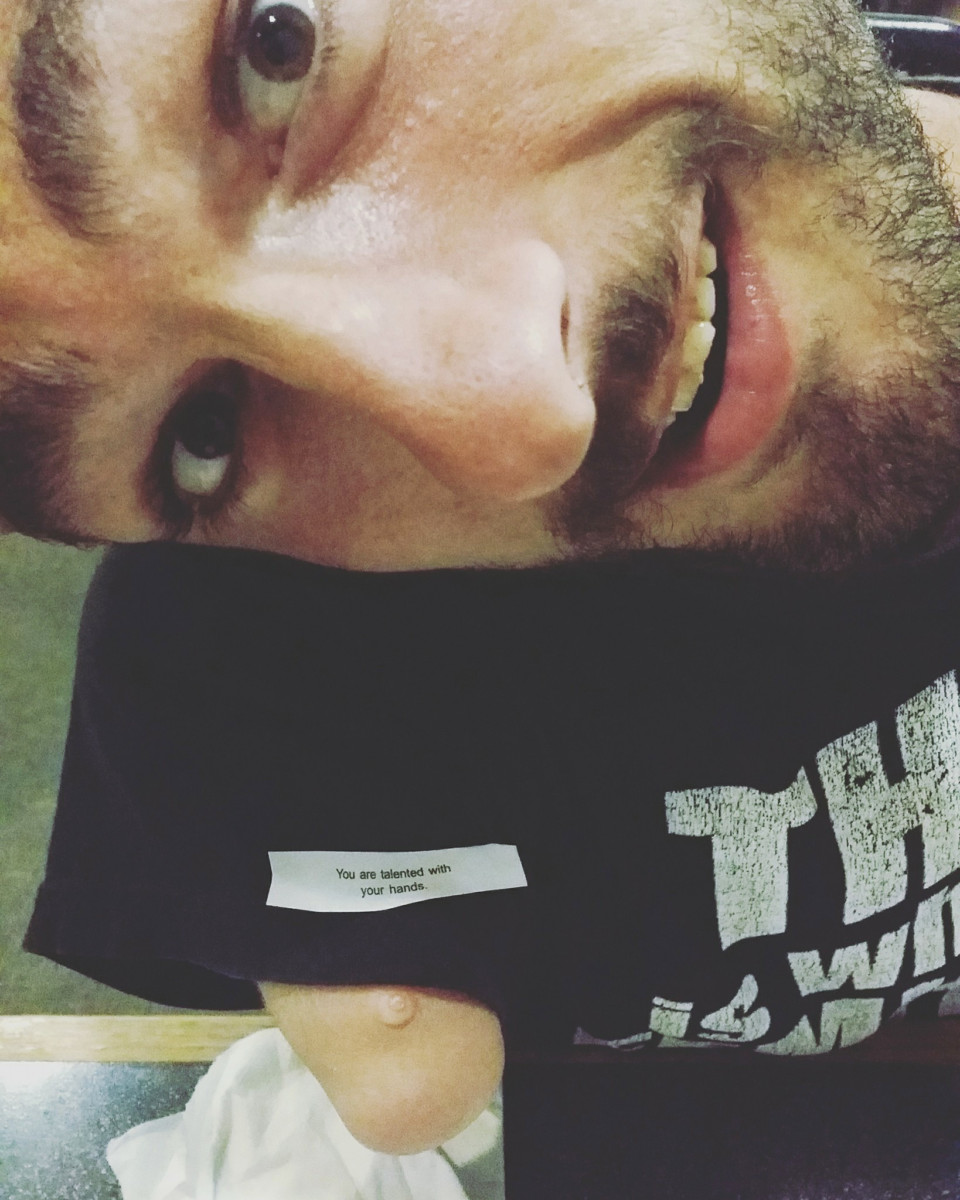I know most of you plan to work this summer. I do as well.
I have an apartment downtown that I would like to keep. I have a phone bill, I buy groceries and I have a somewhat unhealthy relationship with expensive coffee. But, this is where our paths somewhat diverge: I’m not really sure how I’m going to find a job for any short-term summer employment.
My physical disability seems to make me less hireable in New Brunswick. It’s easy for interviewers, who may not have much experience or knowledge to approach the topic of disability, to make assumptions about what they think my ability level may be and pass me over in the interview process without ever needing to explain why.
I blame the system. Why are employers uncomfortable with disability? Why aren’t there more jobs for disabled individuals? Not subsidy programs or work placements, but real jobs. Work that allows members of the disabled community to contribute to society, to feel fulfilled, validated, valued and included.
When I go hunting for jobs, the majority of time I’m left empty-handed and hungry. Like most of you, I put my resume out there, scour the Internet, attend job fairs and take as many interviews as I can.
I try, I really try, to ignore that look on employers’ faces, the one I’ve seen time and time again in almost every interview and meeting I’ve had.
It’s the look that says, “Where the fuck would I even put this guy? He wouldn’t be able to do half of the work.”

The look is usually veiled behind a well-meaning smile. People empathize and they don’t want to avoid hiring me, I hope. They’re just not working within a system that knows how to handle disability.
It’s a type of dragging-our-feet-it’ll-get done-eventually mentality pervasive in many discourses surrounding human rights issues.
In my life, I plan to change at least some part of the dialogue surrounding disability if I can, but that’s not what this is about.
How many of you have ever, or know someone who has, left the province to find work? Well, that is the only way I’ve ever been able to find a legitimate job.
In 2011 I moved to Vancouver to go to film school.
I was scared shitless. I didn’t know what I was going to do. I had never worked and the only other experience I had living on my own was in a university dorm room. But I had a good feeling about studying film and moving to a bigger city.
The feeling paid off.
I fell in love with film and became completely immersed in the task of learning how to produce it. But on top of that, I learned something that could make me employable.
About a month and a half after I graduated, I was offered a job on a network television show. Let me be the first to say it was not a glamorous job, but it was entry-level work in a real industry. It was work that someone of my age and experience level would regularly do and although that doesn’t sound like a big deal but in my life, in terms of perspective, the change was profound. I was earning an income alongside everyone else.
I worked in the film industry for about five years. Vancouver became a second home. But I missed my first home back in New Brunswick. As strange as this sounds, the warm air of the Pacific Ocean wasn’t as comforting to me as the cold, harsh, salty air of the Atlantic.
I’m in love with the Rocky Mountains of the West, and miss them every day, but I couldn’t ignore that deep down, I am an East Coaster. But I knew moving back to New Brunswick would be hard. I knew that work in general was somewhat scarce for people my age, 31, let alone for those with disabilities.
Again, I wasn’t sure what I was going to do. Again, I was scared shitless. But I came back.
I want to live here. I want to grow as a person and contribute to the growth of my community — but part of being able to do that is having an income.
I could probably argue for the philosophical legitimacy of something like basic universal income. But I want to work. I want to be a part of, and accountable, to something.
And I don’t want to have to travel almost 4,000 miles to find it.
I know finding a job can be hard for most people in my generation and I know there are a lot of jobs I legitimately can’t physically do. I’m alright with that. But I can do something.
I’m kind of tired of explaining this to potential employers in games of telephone between me, them and the elephant in the room.
I’m not saying the East Coast job market owes me a job, I just want to be given a chance. I know I’m at least somewhat employable now with my education and experience, so all that seems to be missing is the opportunity.
A sense of normalcy and communal participation are two profoundly important things in the life and identity of a disabled person. I really can’t express that enough with words. They are so impactful, perhaps, because they are so elusive.
My life is different, I know that. But that difference does not define my life. I am my thoughts, my feelings, my ambitions, my goals, my contributions and my connections. Hopefully, someday, I’ll be able to be those things anywhere.

